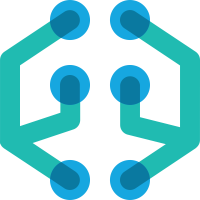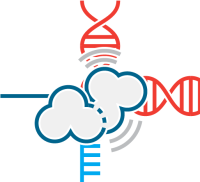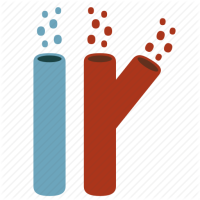This project is the first comprehensive examination of African North Americans who crossed one of the U.S.-Canada borders, going either direction, after the Underground Railroad, in the generation alive roughly 1865-1930. It analyzes census and other records to match individuals and families across the decades, despite changes or ambiguities in their names, ages, “color,” birthplace, or other details.






